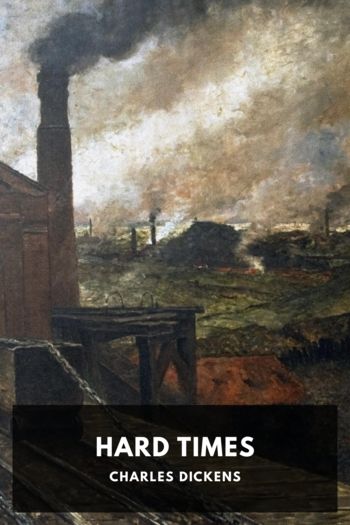Millennium Holland, Tom (read dune .TXT) 📖

Book online «Millennium Holland, Tom (read dune .TXT) 📖». Author Holland, Tom
Or had the Pope’s archivists perhaps been overlooking something? Long centuries had passed since Constantine first established the Bishop of Rome in the Lateran — and who was to say what documents might not have been mislaid in all that time? Papal officials, keen to justify their master’s claim to his new possessions, appear to have spent the decade that followed Pepin’s victory over the Lombards ransacking the musty libraries of Rome. Certainly, it was at some point during the second half of the eighth century, even as the papacy was battling to keep hold of the grant of territories it had received from the Frankish king, that a remarkable and hitherto wholly unsuspected document was produced. Its contents, from the papal point of view, could hardly have been more welcome. The foundations of the state donated to St Peter, it appeared from the document, were far more venerable than anyone in the Lateran had dared to imagine. They had been laid, not by Pepin, but by the most glorious Christian ruler who had ever lived: Constantine himself. The content of the document added sensational details to the biography of the great emperor. A sufferer, it was revealed, from ‘the squalor of leprosy’,’’ he had been miraculously cured by the then Bishop of Rome, a sage of towering holiness by the name of Sylvester. Constantine, submitting humbly to the will of Christ, had then headed off to install himself in Constantinople – but not before he had first adorned Sylvester in all the splendid regalia of empire, and surrendered to him and to the heirs of St Peter for ever the rule of Rome, together with what were vaguely termed ‘the regions of the West’. The implication could hardly have been more pointed: the papacy, far from depriving the emperor of his property, had merely been reclaiming its due.
Its case was helped, admittedly, by the fact that even the most learned had only the haziest notion of who Constantine had actually been. Just as the great monuments of the emperors now stood as disfigured ruins, obscured beneath the spread of weeds and grass, so memories of the ancient past had long since faded into myth. In the West, unlike the East, there survived no contemporary account of the life of Constantine. Nothing to demonstrate that he had not, in fact, been a leper; that Pope Sylvester, for from presiding over the Church, had in truth been an ineffectual nonentity, much given to bleatings about his old age and poor health; that Constantine could certainly not have departed the Lateran for Constantinople, since he was yet to found the city at the time. Scholars in the West, far from uncovering these inconvenient details, never even imagined that they might exist to be exposed. Why should they have done? Great convulsions, the wise knew, only rarely ushered in novelty – for it was seen as the likeliest consequence of change that what had vanished would be repeated, repaired or restored. No dispensation of God stood revealed in the affairs of the world that had not, at some stage, been portended or foretold. It beggared belief, therefore, that a development as momentous as Pepin’s donation of a state to the Pope should not have been foreshadowed by a similar gesture back in ancient times. Had the ‘Donation of Constantine’ not existed, papal officials might well have argued, it would have been necessary to invent it.
And in this they would have been very much in the spirit of their age. As the eighth century drew to a close, so men far beyond the purlieus of Rome felt themselves possessed of a new and stirring sense of mission. ‘Correctio’, they called it: the ordering of the disordered, the burnishing of the besmeared. Here was a programme to whet the ambitions of warlords as well as scholars, and to send men into battle beneath the fluttering of banners, the hiss of arrows and the shadow of carrion crows quite as much as into the mildewed quiet of libraries. Even as a succession of popes struggled to establish their supremacy in Italy, so from the North, beyond the Alps, momentous achievements were being bruited of the Franks.
In 768, King Pepin had died after a glorious reign, leaving behind him two sons, Charles and Carloman. These, as was the Frankish custom, had divided up their father’s lands, and ruled alongside each other for three uneasy years. Then, in 771, after an illness, Carloman had followed his father into the grave. Charles had immediately laid claim to his dead brother’s kingdom. He was not the man to squander the opportunity that God had so evidently granted him. Considerable though his dominions now were, he wanted more. A bare few months after Carloman’s death, and he was passing the Rhine, scouring the windswept heathlands of Saxony, embarking upon a ferocious campaign of pacification against ‘the brutish peoples’ who lurked there ‘without religion, without kings’. The following year he invaded Italy, and five years after that he crossed the Pyrenees into Catalonia. By the 790s, he ruled an empire that stretched from Barcelona to the Danube, and from Lombardy to the Baltic Sea. Of all the lands of western Christendom, only the British Isles and a few small kingdoms in Spain still remained beyond the writ of the Frankish king. No wonder that





Comments (0)